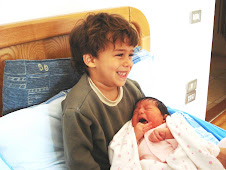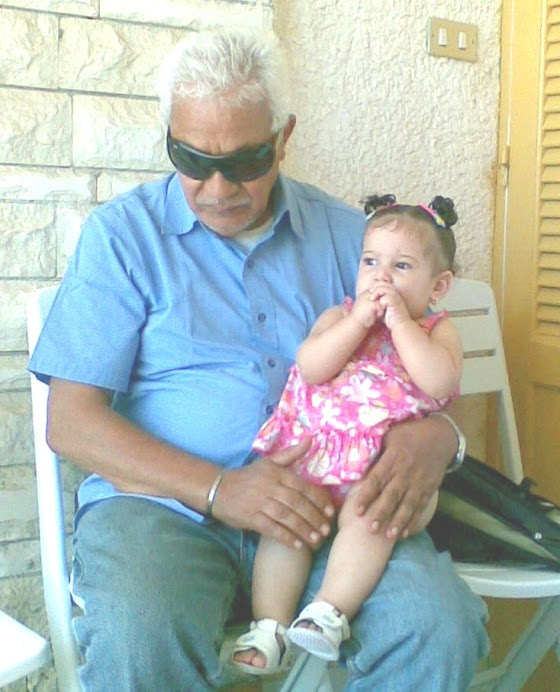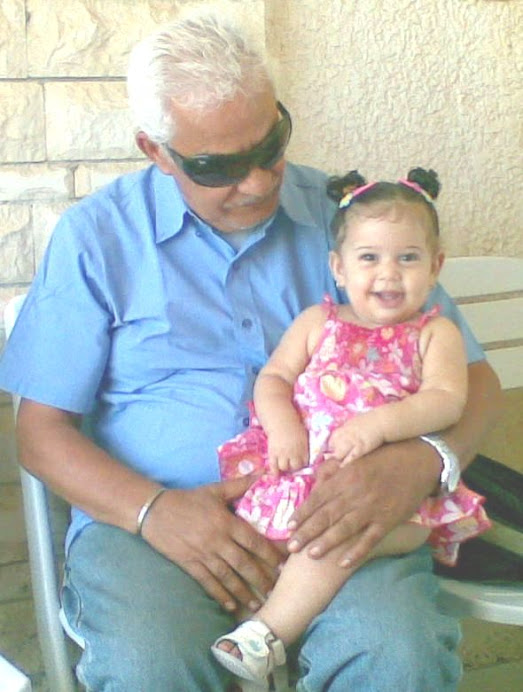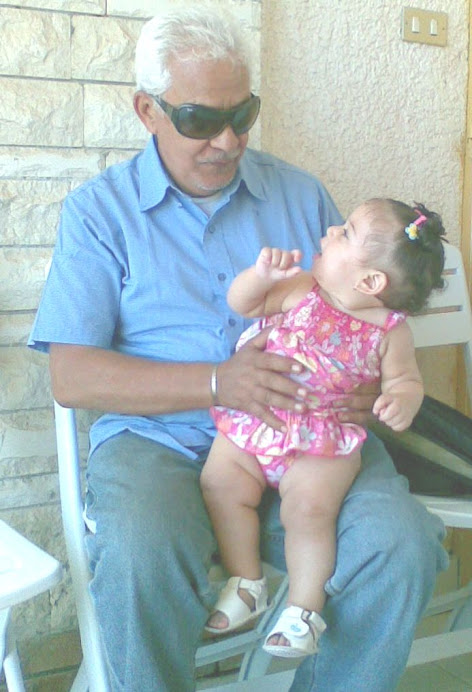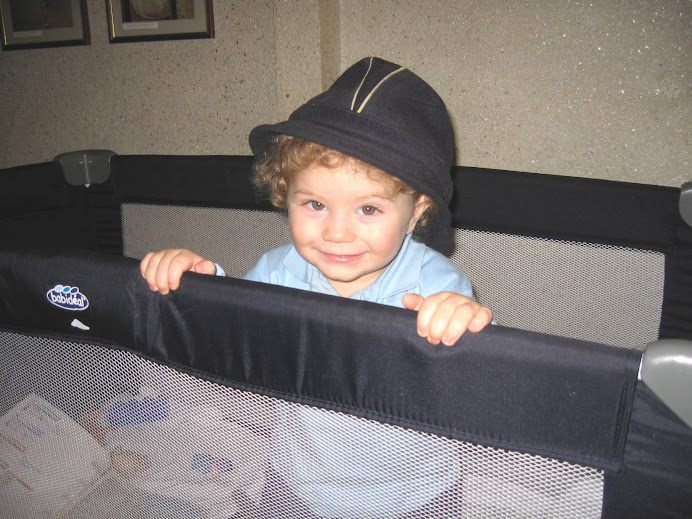
THE QUEEN OF QUOK
A king once died, as kings are apt to do, being as liable to shortness of breath as other mortals.
It was high time this king abandoned his earth life, for he had lived in a sadly extravagant manner, and his subjects could spare him without the slightest inconvenience.
His father had left him a full treasury, both money and jewels being in abundance. But the foolish king just deceased had squandered every penny in riotous living. He had then taxed his subjects until most of them became paupers, and this money vanished in more riotous living.
Next he sold all the grand old furniture in the palace; all the silver and gold plate and bric-a-brac; all the rich carpets and furnishings and even his own kingly wardrobe, reserving only a soiled and moth-eaten ermine robe to fold over his threadbare raiment. And he spent the money in further riotous living. Don't ask me to explain what riotous living is.
I only know, from hearsay, that it is an excellent way to get rid of money. And so this spendthrift king found it. He now picked all the magnificent jewels from this kingly crown and from the round ball on the top of his scepter, and sold them and spent the money.
Riotous living, of course. But at last he was at the end of his resources. He couldn't sell the crown itself, because no one but the king had the right to wear it. Neither could he sell the royal palace, because only the king had the right to live there.
So, finally, he found himself reduced to a bare palace, containing only a big mahogany bedstead that he slept in, a small stool on which he sat to pull off his shoes and the moth-eaten ermine robe.
In this straight he was reduced to the necessity of borrowing an occasional dime from his chief counselor, with which to buy a ham sandwich. And the chief counselor hadn't many dimes. One who counseled his king so foolishly was likely to ruin his own prospects as well.
So the king, having nothing more to live for, died suddenly and left a ten-year-old son to inherit the dismantled kingdom, the moth-eaten robe and the jewel-stripped crown. No one envied the child, who had scarcely been thought of until he became king himself.
Then he was recognized as a personage of some importance, and the politicians and hangers-on, headed by the chief counselor of the kingdom, held a meeting to determine what could be done for him.
These folk had helped the old king to live riotously while his money lasted, and now they were poor and too proud to work. So they tried to think of a plan that would bring more money into the little king's treasury, where it would be handy for them to help themselves.
After the meeting was over the chief counselor came to the young king, who was playing peg-top in the courtyard, and said: "Your majesty, we have thought of a way to restore your kingdom to its former power and magnificence."
"All right," replied his majesty, carelessly.
"How will you do it?"
"By marrying you to a lady of great wealth," replied the counselor.
"Marrying me!" cried the king.
"Why, I am only ten years old!"
"I know; it is to be regretted. But your majesty will grow older, and the affairs of the kingdom demand that you marry a wife."
"Can't I marry a mother, instead?" asked the poor little king, who had lost his mother when a baby. "Certainly not," declared the counselor.
"To marry a mother would be illegal; to marry a wife is right and proper."
"Can't you marry her yourself?" inquired his majesty, aiming his peg-top at the chief counselor's toe, and laughing to see how he jumped to escape it.
"Let me explain," said the other.
"You haven't a penny in the world, but you have a kingdom. There are many rich women who would be glad to give their wealth in exchange for a queen's coronet--even if the king is but a child. So we have decided to advertise that the one who bids the highest shall become the queen of Quok."
"If I must marry at all," said the king, after a moment's thought, "I prefer to marry Nyana, the armorer's daughter."
"She is too poor," replied the counselor. "Her teeth are pearls, her eyes are amethysts, and her hair is gold," declared the little king.
"True, your majesty. But consider that your wife's wealth must be used. How would Nyana look after you have pulled her teeth of pearls, plucked out her amethyst eyes and shaved her golden head?" The boy shuddered.
"Have your own way," he said, despairingly. "Only let the lady be as dainty as possible and a good playfellow."
"We shall do our best," returned the chief counselor, and went away to advertise throughout the neighboring kingdoms for a wife for the boy king of Quok. There were so many applicants for the privilege of marrying the little king that it was decided to put him up at auction, in order that the largest possible sum of money should be brought into the kingdom.
So, on the day appointed, the ladies gathered at the palace from all the surrounding kingdoms--from Bilkon, Mulgravia, Junkum and even as far away as the republic of Macvelt.
The chief counselor came to the palace early in the morning and had the king's face washed and his hair combed; and then he padded the inside of the crown with old newspapers to make it small enough to fit his majesty's head.
It was a sorry looking crown, having many big and little holes in it where the jewels had once been; and it had been neglected and knocked around until it was quite battered and tarnished. Yet, as the counselor said, it was the king's crown, and it was quite proper he should wear it on the solemn occasion of his auction.
Like all boys, be they kings or paupers, his majesty had torn and soiled his one suit of clothes, so that they were hardly presentable; and there was no money to buy new ones.
Therefore the counselor wound the old ermine robe around the king and sat him upon the stool in the middle of the otherwise empty audience chamber. And around him stood all the courtiers and politicians and hangers-on of the kingdom, consisting of such people as were too proud or lazy to work for a living.
There was a great number of them, you may be sure, and they made an imposing appearance. Then the doors of the audience chamber were thrown open, and the wealthy ladies who aspired to being queen of Quok came trooping in.
The king looked them over with much anxiety, and decided they were each and all old enough to be his grandmother, and ugly enough to scare away the crows from the royal cornfields. After which he lost interest in them.
But the rich ladies never looked at the poor little king squatting upon his stool. They gathered at once about the chief counselor, who acted as auctioneer.
"How much am I offered for the coronet of the queen of Quok?" asked the counselor, in a loud voice.
"Where is the coronet?" inquired a fussy old lady who had just buried her ninth husband and was worth several millions.
"There isn't any coronet at present," explained the chief counselor, "but whoever bids highest will have the right to wear one, and she can then buy it."
"Oh," said the fussy old lady, "I see."
Then she added: "I'll bid fourteen dollars."
"Fourteen thousand dollars!" cried a sour-looking woman who was thin and tall and had wrinkles all over her skin--"like a frosted apple," the king thought.
The bidding now became fast and furious, and the poverty-stricken courtiers brightened up as the sum began to mount into the millions.
"He'll bring us a very pretty fortune, after all," whispered one to his comrade, "and then we shall have the pleasure of helping him spend it."
The king began to be anxious. All the women who looked at all kind-hearted or pleasant had stopped bidding for lack of money, and the slender old dame with the wrinkles seemed determined to get the coronet at any price, and with it the boy husband.
This ancient creature finally became so excited that her wig got crosswise of her head and her false teeth kept slipping out, which horrified the little king greatly; but she would not give up.
At last the chief counselor ended the auction by crying out: "Sold to Mary Ann Brodjinsky de la Porkus for three million, nine hundred thousand, six hundred and twenty-four dollars and sixteen cents!" And the sour-looking old woman paid the money in cash and on the spot, which proves this is a fairy story.
The king was so disturbed at the thought that he must marry this hideous creature that he began to wail and weep; whereupon the woman boxed his ears soundly. But the counselor reproved her for punishing her future husband in public, saying: "You are not married yet. Wait until to-morrow, after the wedding takes place. Then you can abuse him as much as you wish. But at present we prefer to have people think this is a love match."
The poor king slept but little that night, so filled was he with terror of his future wife. Nor could he get the idea out of his head that he preferred to marry the armorer's daughter, who was about his own age. He tossed and tumbled around upon his hard bed until the moonlight came in at the window and lay like a great white sheet upon the bare floor.
Finally, in turning over for the hundredth time, his hand struck against a secret spring in the headboard of the big mahogany bedstead, and at once, with a sharp click, a panel flew open.
The noise caused the king to look up, and, seeing the open panel, he stood upon tiptoe, and, reaching within, drew out a folded paper. It had several leaves fastened together like a book, and upon the first page was written: "When the king is in trouble This leaf he must double And set it on fire To obtain his desire."
This was not very good poetry, but when the king had spelled it out in the moonlight he was filled with joy.
"There's no doubt about my being in trouble," he exclaimed; "so I'll burn it at once, and see what happens." He tore off the leaf and put the rest of the book in its secret hiding place. Then, folding the paper double, he placed it on the top of his stool, lighted a match and set fire to it. It made a horrid smudge for so small a paper, and the king sat on the edge of the bed and watched it eagerly.
When the smoke cleared away he was surprised to see, sitting upon the stool, a round little man, who, with folded arms and crossed legs, sat calmly facing the king and smoking a black briarwood pipe.
"Well, here I am," said he. "So I see," replied the little king. "But how did you get here?"
"Didn't you burn the paper?" demanded the round man, by way of answer. "Yes, I did," acknowledged the king.
"Then you are in trouble, and I've come to help you out of it. I'm the Slave of the Royal Bedstead."
"Oh!" said the king. "I didn't know there was one."
"Neither did your father, or he would not have been so foolish as to sell everything he had for money. By the way, it's lucky for you he did not sell this bedstead. Now, then, what do you want?"
"I'm not sure what I want," replied the king; "but I know what I don't want, and that is the old woman who is going to marry me."
"That's easy enough," said the Slave of the Royal Bedstead.
"All you need do is to return her the money she paid the chief counselor and declare the match off. Don't be afraid. You are the king, and your word is law."
"To be sure," said the majesty. "But I am in great need of money. How am I going to live if the chief counselor returns to Mary Ann Brodjinski her millions?"
"Phoo! that's easy enough," again answered the man, and, putting his hand in his pocket, he drew out and tossed to the king an old-fashioned leather purse.
"Keep that with you," said he, "and you will always be rich, for you can take out of the purse as many twenty-five-cent silver pieces as you wish, one at a time. No matter how often you take one out, another will instantly appear in its place within the purse."
"Thank you," said the king, gratefully.
"You have rendered me a rare favor; for now I shall have money for all my needs and will not be obliged to marry anyone. Thank you a thousand times!"
"Don't mention it," answered the other, puffing his pipe slowly and watching the smoke curl into the moonlight. "Such things are easy to me. Is that all you want?"
"All I can think of just now," returned the king.
"Then, please close that secret panel in the bedstead," said the man; "the other leaves of the book may be of use to you some time."
The boy stood upon the bed as before and, reaching up, closed the opening so that no one else could discover it. Then he turned to face his visitor, but the Slave of the Royal Bedstead had disappeared.
"I expected that," said his majesty; "yet I am sorry he did not wait to say good-by."
With a lightened heart and a sense of great relief the boy king placed the leathern purse underneath his pillow, and climbing into bed again slept soundly until morning. When the sun rose his majesty rose also, refreshed and comforted, and the first thing he did was to send for the chief counselor.
That mighty personage arrived looking glum and unhappy, but the boy was too full of his own good fortune to notice it. Said he: "I have decided not to marry anyone, for I have just come into a fortune of my own. Therefore I command you return to that old woman the money she has paid you for the right to wear the coronet of the queen of Quok. And make public declaration that the wedding will not take place."
Hearing this the counselor began to tremble, for he saw the young king had decided to reign in earnest; and he looked so guilty that his majesty inquired: "Well! what is the matter now?"
"Sire," replied the wretch, in a shaking voice, "I cannot return the woman her money, for I have lost it!"
"Lost it!" cried the king, in mingled astonishment and anger.
"Even so, your majesty. On my way home from the auction last night I stopped at the drug store to get some potash lozenges for my throat, which was dry and hoarse with so much loud talking; and your majesty will admit it was through my efforts the woman was induced to pay so great a price. Well, going into the drug store I carelessly left the package of money lying on the seat of my carriage, and when I came out again it was gone. Nor was the thief anywhere to be seen."
"Did you call the police?" asked the king.
"Yes, I called; but they were all on the next block, and although they have promised to search for the robber I have little hope they will ever find him." The king sighed. "What shall we do now?" he asked.
"I fear you must marry Mary Ann Brodjinski," answered the chief counselor; "unless, indeed, you order the executioner to cut her head off."
"That would be wrong," declared the king. "The woman must not be harmed. And it is just that we return her money, for I will not marry her under any circumstances."
"Is that private fortune you mentioned large enough to repay her?" asked the counselor.
"Why, yes," said the king, thoughtfully, "but it will take some time to do it, and that shall be your task. Call the woman here."
The counselor went in search of Mary Ann, who, when she heard she was not to become a queen, but would receive her money back, flew into a violent passion and boxed the chief counselor's ears so viciously that they stung for nearly an hour. But she followed him into the king's audience chamber, where she demanded her money in a loud voice, claiming as well the interest due upon it over night.
"The counselor has lost your money," said the boy king, "but he shall pay you every penny out of my own private purse. I fear, however, you will be obliged to take it in small change."
"That will not matter," she said, scowling upon the counselor as if she longed to reach his ears again; "I don't care how small the change is so long as I get every penny that belongs to me, and the interest. Where is it?"
"Here," answered the king, handing the counselor the leathern purse. "It is all in silver quarters, and they must be taken from the purse one at a time; but there will be plenty to pay your demands, and to spare."
So, there being no chairs, the counselor sat down upon the floor in one corner and began counting out silver twenty-five-cent pieces from the purse, one by one. And the old woman sat upon the floor opposite him and took each piece of money from his hand.
It was a large sum: three million, nine hundred thousand, six hundred and twenty-four dollars and sixteen cents. And it takes four times as many twenty-five-cent pieces as it would dollars to make up the amount. The king left them sitting there and went to school, and often thereafter he came to the counselor and interrupted him long enough to get from the purse what money he needed to reign in a proper and dignified manner.
This somewhat delayed the counting, but as it was a long job, anyway, that did not matter much. The king grew to manhood and married the pretty daughter of the armorer, and they now have two lovely children of their own.
Once in awhile they go into the big audience chamber of the palace and let the little ones watch the aged, hoary-headed counselor count out silver twenty-five-cent pieces to a withered old woman, who watched his every movement to see that he does not cheat her.
It is a big sum, three million, nine hundred thousand, six hundred and twenty-four dollars and sixteen cents in twenty-five-cent pieces. But this is how the counselor was punished for being so careless with the woman's money. And this is how Mary Ann Brodjinski de la Porkus was also punished for wishing to marry a ten-year-old king in order that she might wear the coronet of the queen of Quok.
- The End -



























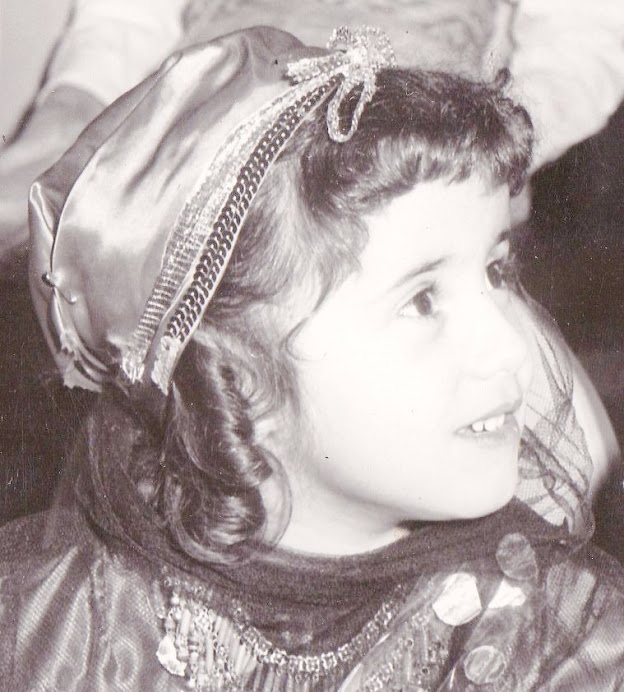
+and+I+(4)+in+Washington+D.C.,+USA.jpg)

































